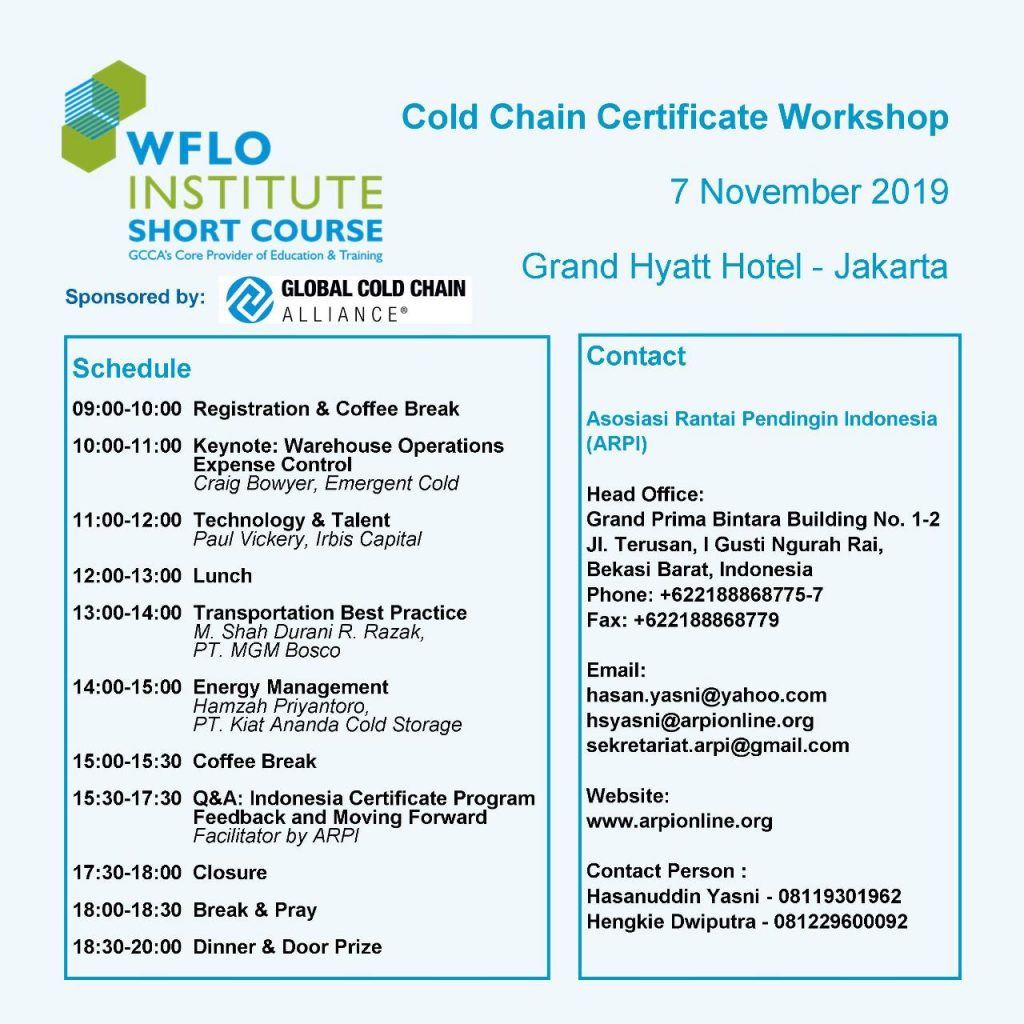INCREASING ENERGY EFFICIENCY & TRANSPORTATION PRACTICES
Refrigerated warehouses (cold storage facilities) have one of the highest electric energy consumption rates in the commercial building sector. After personnel, energy is usually their second highest operating expense. Cold storage facilities consume an average of 25 kWh of electricity and 9,200 Btu of natural gas per square foot per year, with refrigeration accounting for more than 70 percent of overall electric usage.
Optimizing energy usage and monitoring refrigeration equipment in cold storage facilities becomes imperative to reducing expenses, as well as improving food safety and increasing operational efficiency. While energy costs typically account for 15% or more of a warehouse’s operating budget, it helps to understand (1) how you are being charged for energy and (2) what you can do to reduce those charges.
That is why we should understand: How to Improve Efficiency in Cold Storage Facilities.
Meanwhile, when the globalization relies on “the Cold Chain” and when cold chain has been defined as: “the transportation of temperature-sensitive products along a supply chain through thermal and refrigerated packaging methods and the logistical planning to protect the integrity of these shipments”. So that, refrigerated transportation is not just about logistics and getting a set of perishable items from point A to point B, it is about understanding how specific products need to be transported based on their perishability and ensuring that transportation methods used to move products are iron-clad and compliant.
The global trade of perishable items has increased in the past years and its projected to continue increasing. This has caused high demand for quick transportation of fresh perishable goods.
The cold chain has also contributed to economic development. Developing countries have fewer barriers to entry in when it comes to both consuming and producing perishable goods.
All issues that mentioned above, will discuss and guided by WFLO Institute on Certified Cold Chain Workshop, in Jakarta, 7 November 2019. Sponsored by Global Cold Chain Alliance (GCCA), and supported by ARPI, this workshop will be useful for Indonesia’s industries who entire cold chain system. Around 50 industries (refrigerated warehouse, cold transportation, retail and food processing) will attend this workshop.

